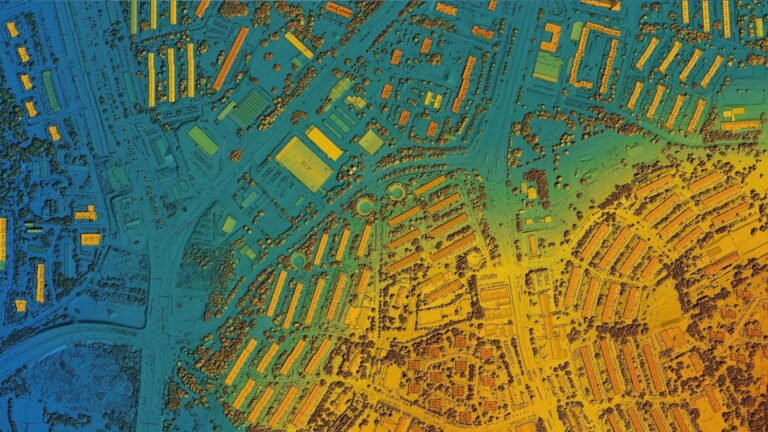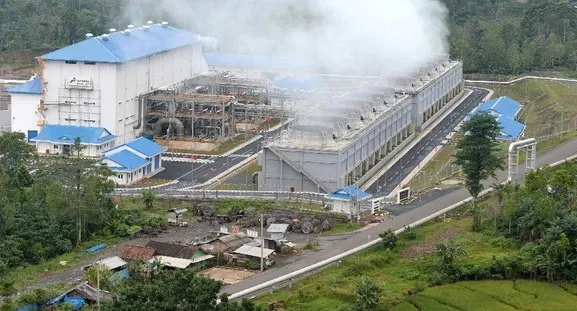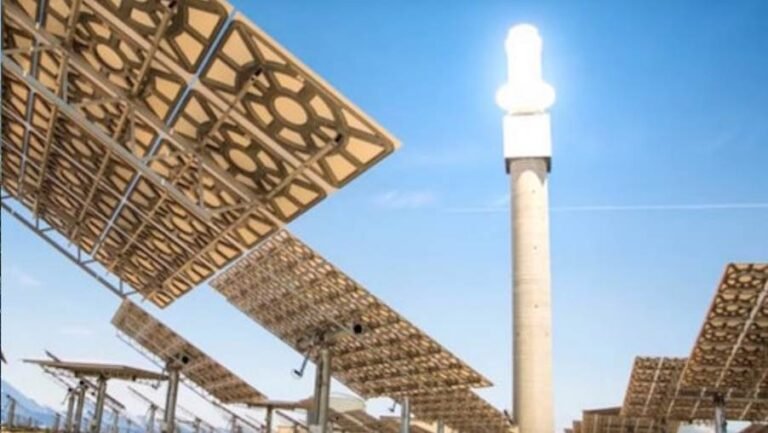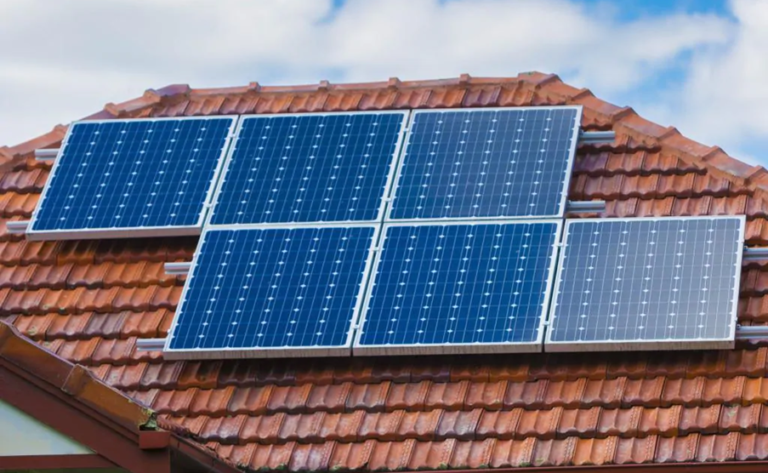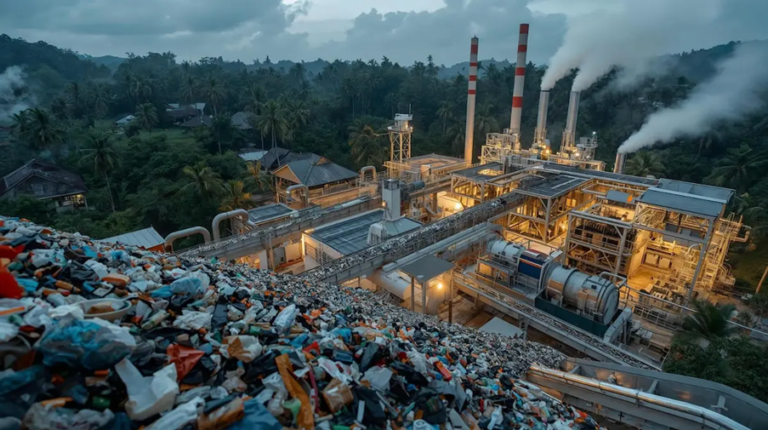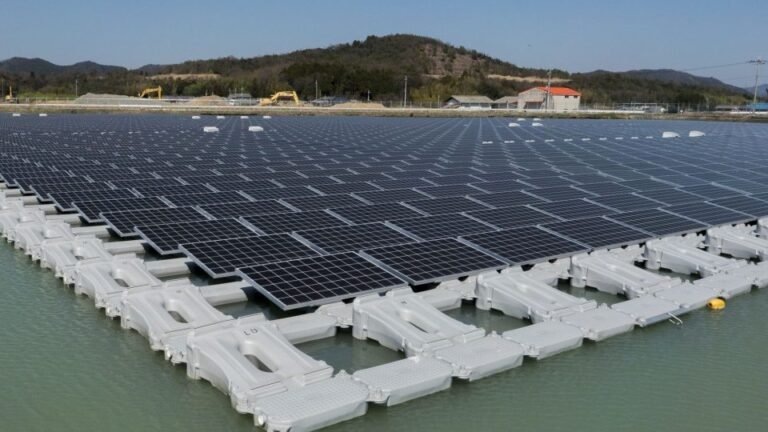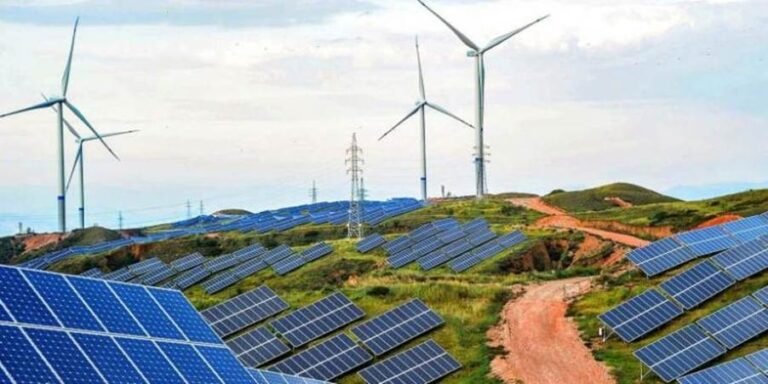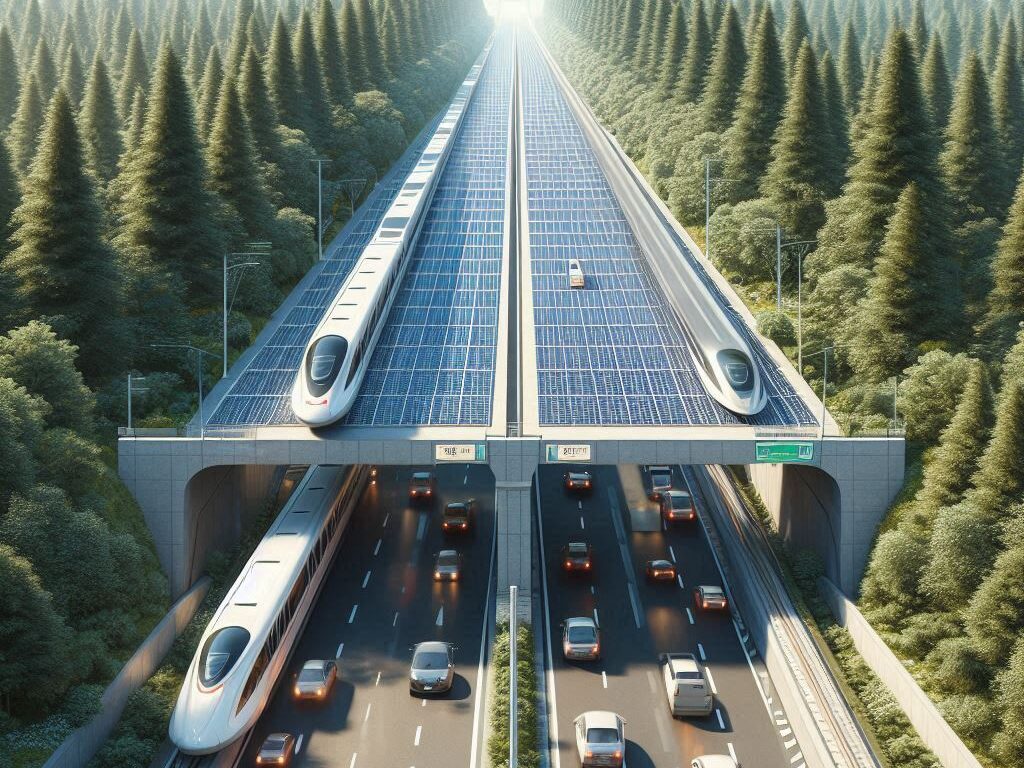
- Great potential of national infrastructure for transportation and national energy mix.
- Indonesia Abandoned its potential for being a leader of Environmental, Energy, Social, and Economic to achived nations infrastructure.
- Indonesia has problems common to other developing countries.
Widely Opinion on the Multifunctional Potential of National Infrastructure
The huge infrastructure that spans the island of Java is the economic belt-tightening of the country. The correlation that can be used is that the very long light should be used well. If the country has a very good line of thinking and is sensitive to the utilization of profits in the RE sector, it will be able to secure energy based on low emissions.
The construction of solar panel renewable energy (along roads) will enable the country to implement its low-emission plan faster by 2060. At the same time, it can also significantly reduce dependence on coal and avoid environmental damage.
In a very concrete example is energy, although in the aspect of saving travel time, the fuel used will be more efficient. However, the road lighting aspect is something that needs to be looked at differently. The safety aspect and social impact of toll roads can be seen not only focusing on motorists.
But also on the community there is either land acquisition or cutting lanes by making bridges and tunnels. In both development schemes, it is essentially concerned with the smooth flow of toll road users’ vehicles.

In-depth Analysis of the Environmental, Energy, Social, and Economic Perspectives on the Construction of the Trans-Java Toll Road in Indonesia
Indonesia has a National Strategic Project that is arguably very promising in terms of reducing travel time for efficiency. However, these infrastructure sites are confined to the scale of transportation activities. Meanwhile, social responsibility regarding efforts to return and utilize the country in multi-sectors tends to be less implementable.
The Trans-Java Toll Road, spanning over 1,000 kilometers, is a monumental infrastructure project that connects major cities across Java, the most populous island in Indonesia. This analysis explores the construction’s impact from four critical perspectives: environmental, energy, social, and economic.
1. Environmental Perspective
From an environmental standpoint, large-scale infrastructure projects like the Trans-Java Toll Road pose significant challenges, but also potential benefits:
Deforestation and Habitat Disruption: The construction of highways often requires extensive land clearing, leading to deforestation and loss of biodiversity. This is particularly relevant in Java, where high population density has already put pressure on natural ecosystems. The road construction has disrupted forested areas, agricultural land, and natural habitats, contributing to habitat fragmentation and threatening wildlife species.
Increased Emissions: While the toll road enhances transportation efficiency, reducing vehicle idle time and traffic congestion, it may indirectly lead to increased emissions. With easier access and improved connectivity, the project could stimulate more vehicle use, resulting in a rise in greenhouse gas emissions. Additionally, the construction process itself, including land clearing and material transportation, also contributes to carbon emissions.
Baca Juga
- Nuclear In Indonesia Needs Renewable Energy Law To Be Passed
- Oppenheimer’s Movie! Does Nuclear Look Like a Weapon or Energy?
Water Management and Soil Erosion: The construction of long stretches of roads often alters natural drainage patterns. It is leading to increased runoff and potential flooding in certain areas. The risk of soil erosion during and after construction is also significant. Especially in Java’s hilly and densely populated regions.
Potential Mitigations: On the positive side, toll roads can be planned with environmentally sustainable measures. Such as wildlife crossings to mitigate habitat disruption, advanced drainage systems to handle runoff. Also using renewable energy solutions like solar-powered lighting along the highways.
2. Energy Perspective
The Trans-Java Toll Road project directly affects energy consumption in Indonesia, especially in terms of transportation and logistics:
Fuel Efficiency and Consumption: The toll road enhances connectivity and reduces travel time, Which improves fuel efficiency for vehicles. Shorter and smoother travel routes minimize the need for stop-and-go driving, resulting in lower fuel consumption per trip. This efficiency may decrease the overall fuel usage for logistics and transport companies.
Energy Demand for Construction: The construction of the toll road itself demands substantial energy. from the production of materials like asphalt and concrete to the use of heavy machinery for road construction. This construction-related energy demand has a short-term environmental impact, but it must be balanced against the long-term benefits of improved transportation efficiency.
Increased Vehicle Use: Improved road infrastructure may lead to a rise in vehicle ownership and usage. While this may stimulate economic activity, it also raises concerns about energy consumption, particularly in a country where fossil fuels still dominate the energy mix. To mitigate this, policies promoting electric vehicles (EVs) could be encouraged alongside infrastructure developments.

3. Social Perspective
The social implications of the Trans-Java Toll Road are profound, affecting various aspects of life for millions of Indonesians:
Improved Mobility and Accessibility: One of the most significant social benefits is enhanced mobility. The toll road connects remote areas to urban centers, facilitating easier and faster access to essential services such as education, healthcare, and employment opportunities. For rural communities, the toll road represents a new level of connection to the rest of the country.
Relocation and Displacement: On the downside, toll road construction often necessitates land acquisition, which has led to the displacement of local communities. Compensation programs for affected residents can be uneven, with some people receiving insufficient funds to rebuild their lives. Social tensions may arise due to the perceived unfairness in the relocation process.
Baca Juga
- Nuclear: Clean Energy Could Be Hero For Indonesia From Coal Mining Disaster
- Independence Day In 2024: Indonesia Could Be An Avatar For Renewable Energy
Cultural Impacts: In certain areas, toll road construction may cut through culturally or historically significant sites, disrupting local traditions and landmarks. While economic benefits may be realized, there is a potential for the erosion of cultural heritage.
Public Safety and Traffic: Once operational, the toll road is expected to improve public safety by reducing the number of accidents on congested rural roads. Well-maintained toll roads with better traffic management systems reduce the likelihood of accidents. However, increased road speeds could raise concerns about traffic safety if proper regulations are not strictly enforced.
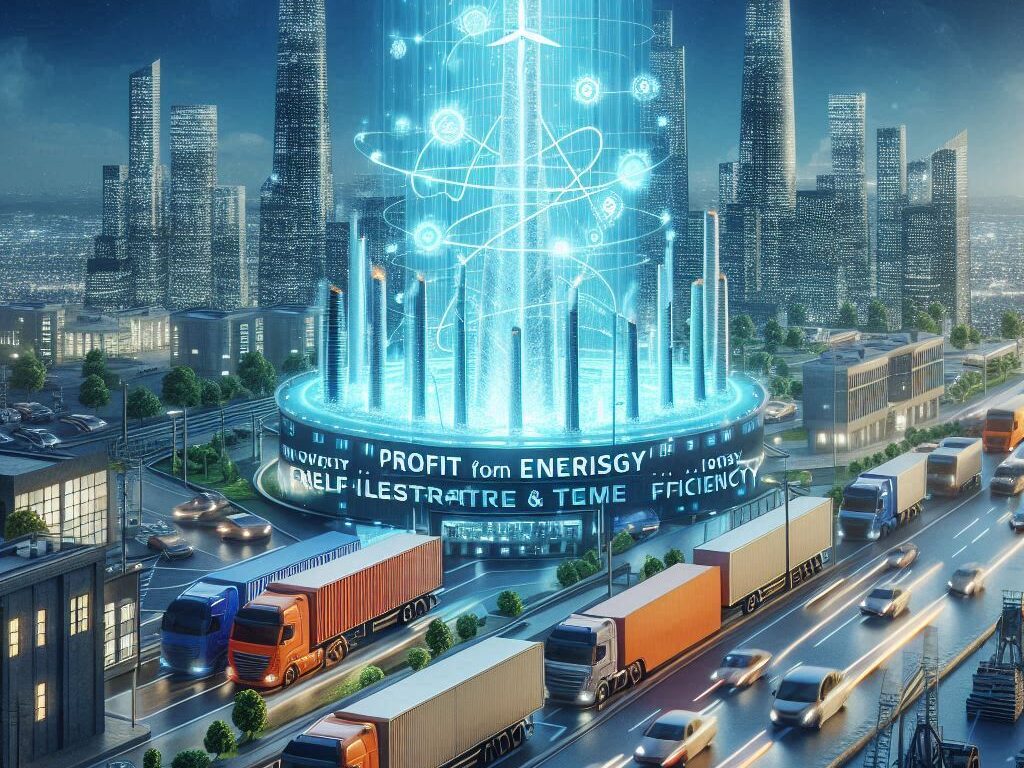
4. Economic Perspective
The economic impact of the Trans-Java Toll Road is vast, with both immediate and long-term effects on Indonesia’s economy:
Enhanced Economic Growth: The toll road facilitates trade and commerce by improving transportation efficiency, reducing logistics costs, and connecting industrial hubs. Java is Indonesia’s economic powerhouse, and the toll road improves access between major cities such as Jakarta, Surabaya, and Semarang, stimulating regional economic growth. It also supports the government’s vision for equitable development across the island.
Job Creation: During construction, the project has generated thousands of jobs, providing employment for local communities. The long-term operation and maintenance of the toll road also create permanent jobs in toll collection, road maintenance, and related services.
Tourism and Investment: The toll road boosts tourism by making tourist destinations more accessible, particularly in regions like Central and East Java, which have historically been underdeveloped. Improved infrastructure also makes the region more attractive to investors, fostering industrial growth in areas adjacent to the toll road.
Economic Disparities: While the toll road benefits the broader economy, there is a risk of increased economic disparities between regions. Wealthier areas with better access to the toll road may experience faster growth, while poorer, more remote regions may lag behind without additional support to ensure balanced development.
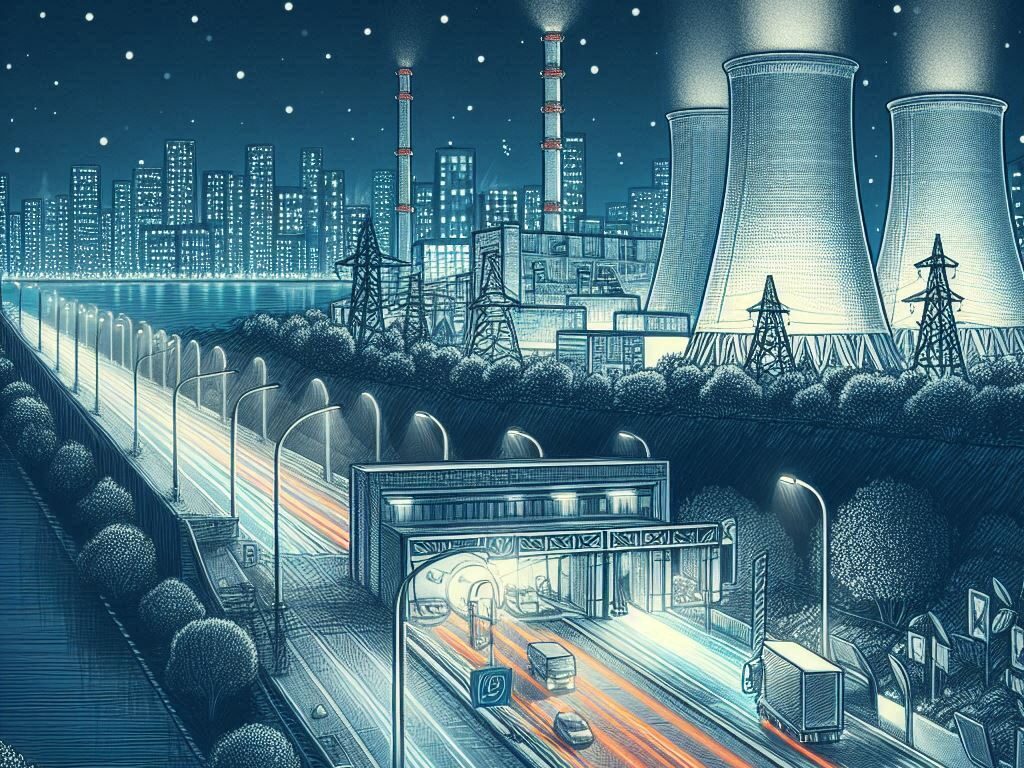
5. Nuclear Perspective
Nuclear needs to be included in the national infrastructure study to achieve net zero. At this stage is because nuclear itself is currently not only limited to infrastructure that can only be applied on a large scale. Currently Small Modular Reactors (SMR) have been developed and can sustain energy with affordable infrastructure.
In the aspect of national highway infrastructure, there is a need for street lighting in areas affected by development. Some areas where bridges and tunnels are built are not equipped with adequate lighting, which results in public safety risks.
The area that experienced losses was in Kebonromo, Ngerampal sub-district, Kabupaten Sragen. Where the tunnel was built without looking at aspects of environmental conditions. When it rains the tunnel is submerged and the road cannot be passed, disturbing residents.
With the development of Small Modular Reactors, the state can ensure that its supply and responsibility for the basic needs of the community can be fulfilled. At the same time, it is also at a lower cost, so that the existing budget can be implemented in other sectors to grow clean energy.
Conclusion
The Trans-Java Toll Road project represents a significant leap in Indonesia’s infrastructure development, with wide-ranging implications across environmental, energy, social, and economic dimensions. While the toll road undoubtedly offers substantial benefits in terms of connectivity, economic growth, and mobility.
It is not without challenges, particularly regarding environmental sustainability and social equity. Thoughtful planning, effective regulations, and sustainable practices will be essential to maximizing the positive outcomes of this project while minimizing its negative impacts.
Aspects that will make a good image for the country can be easily applied. That is, the country can apply clean elements in every national program. This application can directly make the country seen as good and clean and sustainable.
Efforts that will raise the image, wider investment and higher social acceptance efforts. This use is actually the most important and crucial thing, with the moral burden of being an emitter. Indonesia needs to enact policies that are pro low carbon capability.
#zonaebt #sebarterbarukan #ebtheroes
Editor: Savira Oktavia

